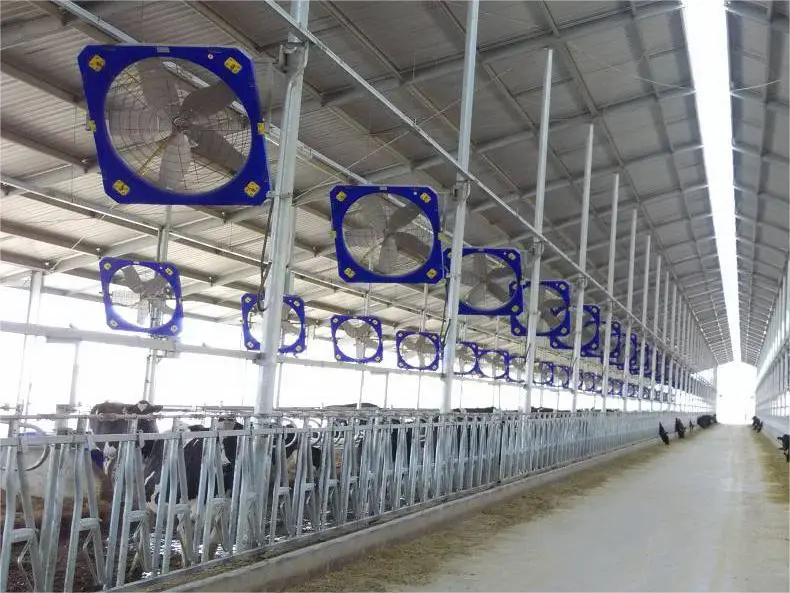Create Time: 08 ,08 ,2024
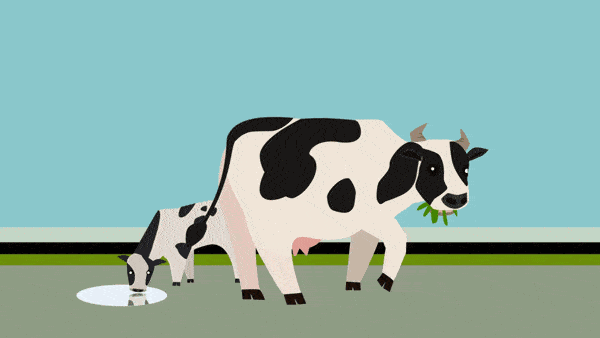
"Heat stress" is a natural physiological defense mechanism in cows against high temperatures. It not only leads to reduced appetite and milk production, but also diminishes reproductive ability, posing significant challenges for dairy farming.
Environmental Control+: Deep Integration of Technology to Manage Wind and "Rain"
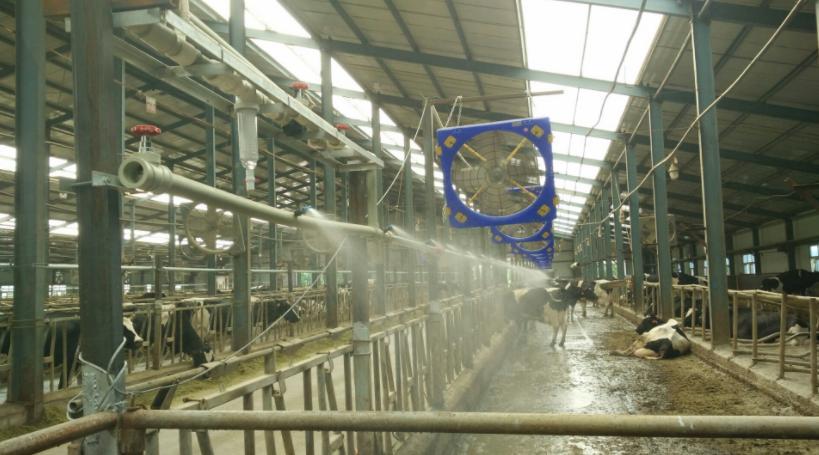
Dairy cows are most comfortable at temperatures between 4-16℃ (39-61℉). When temperatures reach 25℃ (77℉), using a combination of soaking system and dairy farm cooling fans is the preferred method to enhance their living environment.
Large air circulation fans accelerate air movement in the barn, reducing humidity, while sprinklers quickly lower the cows' body surface temperature. This approach can increase milk production by about 17%, with even greater benefits on hot, dry days.
Drinking water + : Enough water to cool a "summer"
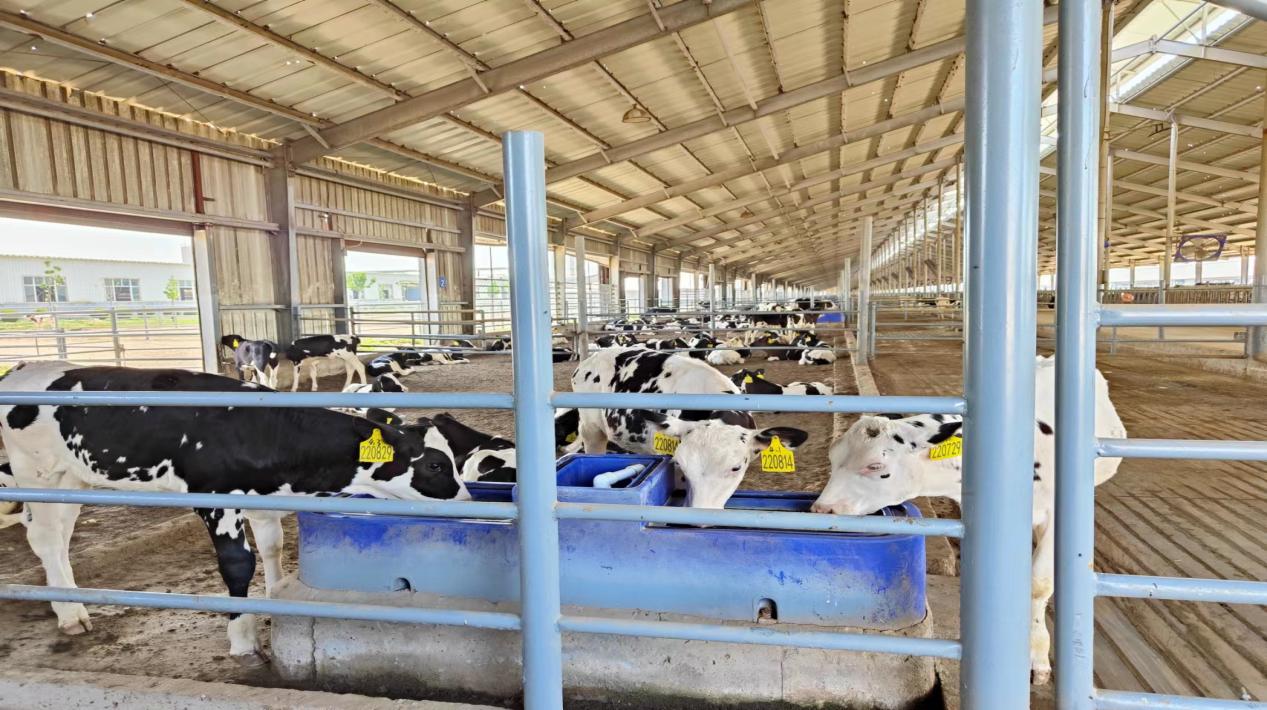
As the saying goes: "Better to miss one day's feed than one mouthful of water." Dairy cows typically drink 10-20% of their body weight in water daily (about 60-120 kg), but in summer, their intake can reach 140 kg or more. Therefore, it's crucial to ensure that cows have access to ample clean drinking water, with troughs in each barn accommodating at least 15-20% of the cows at the same time to prevent water shortages.
To more effectively lower cows' body temperatures and reduce heat stress, ice-cold water is an excellent choice. Water at 5-10℃ (41-50℉) not only stimulates appetite and aids digestion but also promotes gastrointestinal motility and improves blood circulation, supporting growth and increasing milk production.
Feeding + : Adjust Feeding Times and Customize Summer Diets
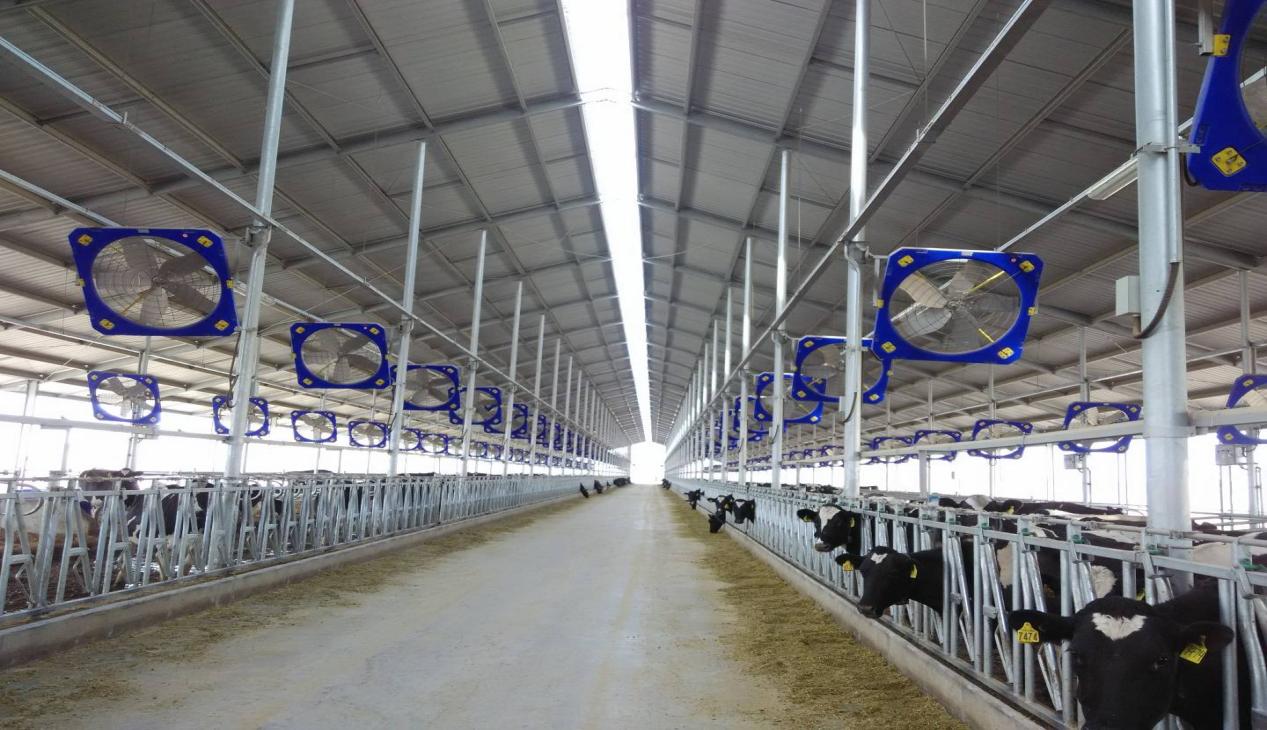
Reduced feed intake in dairy cows during summer is primarily due to heat. Therefore, cool evenings (after 9:00 PM) and early mornings (4:00-6:00 AM) are ideal times to increase feed consumption.
At the same time, adjusting the feed composition and nutritional balance to increase the energy and protein content of the diet will ensure that cows get more nutrition with every bite. Adding heat-stress-reducing vitamins, such as vitamins A, E, and C, can further enhance the cows' ability to cope with heat stress.
Popular Products You May Be Interested in
 English
English  中文
中文 










